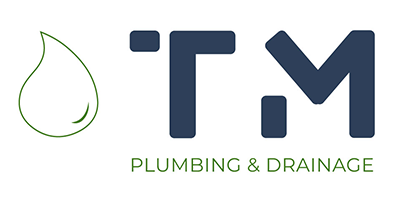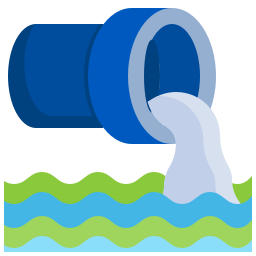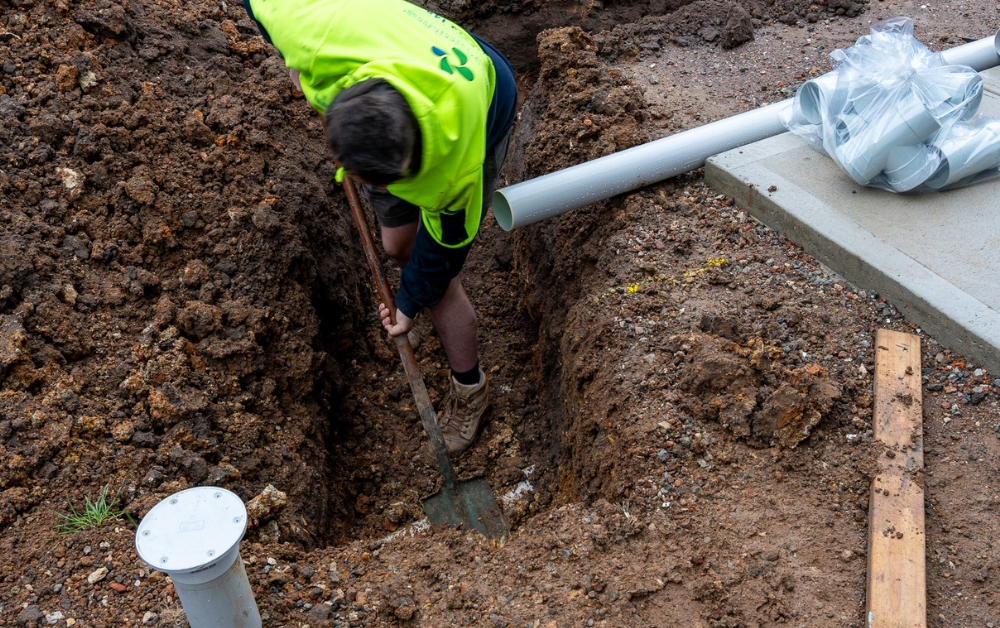
Does a Plumber Need a Licence in Australia?
Nowadays, it’s easier than ever to pick up new skills, thanks to all those YouTube and TikTok tutorials floating around online.
But when it comes to plumbing, there’s more to it than just watching a few DIY videos. You see, plumbing isn’t just about fixing leaks or installing pipes—it’s about keeping our homes and communities safe and healthy.
If you need a license to be a plumber or think you need to work with a licensed plumber, you’re in the right place.
With my TM Plumbing team, I’ve been fixing leaks, unclogging drains, and keeping Melbourne’s plumbing running smoothly for over two decades, so I know a thing or two about the trade.
Let’s get started!
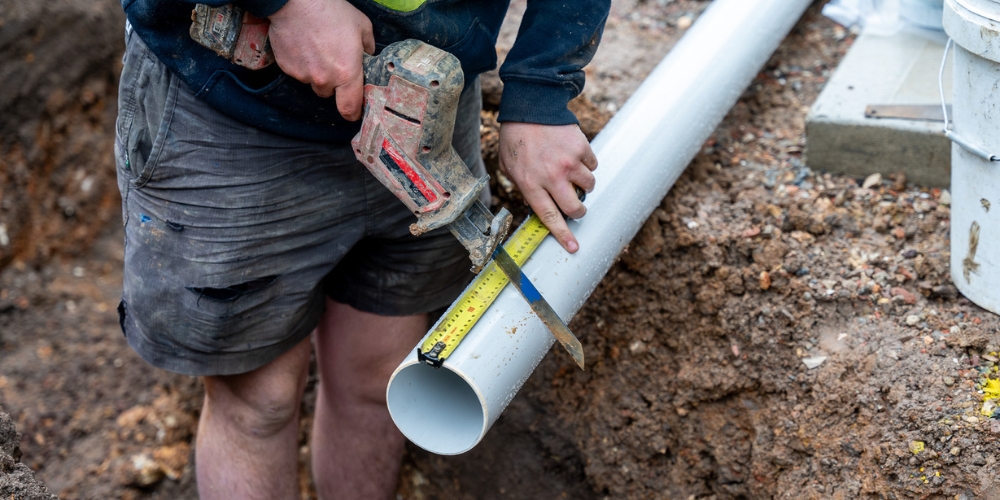
What is a Plumbing License?
A plumbing licence is like a badge of honour for plumbers; it demonstrates that you have the skills and expertise to complete the job safely and properly. Consider it a driver’s licence for plumbers. To work on plumbing jobs like sewer plumbing, water jetting, fixing blocked drainage, and installing in ground trampoline drainage in Australia, you must have a plumbing licence, just as you do to drive a car legally.
But what does a plumbing licence entail? It’s more than just a piece of paper you can get at the local store. To obtain a plumbing licence, you must meet specific standards established by the government. This normally entails finishing a recognised plumbing apprenticeship, passing competency exams, and occasionally receiving further training or education.
You’re officially recognised as a qualified plumber once you’ve jumped through all the hoops and earned your licence. That means you can legally work on plumbing jobs, sign off on permits, and even start your own business if you’re inclined.
Importance of Licensing for Plumbers
Let’s discuss why plumbing licences are so important. Plumbing is more than just mending leaking faucets or installing new toilets; it is about keeping our homes, businesses, and communities safe and healthy.
And here is where licencing comes in.
Skill and Competency Assurance
Plumbing licences certify that plumbers have received the requisite training and knowledge to execute their duties competently and safely.
Public Health and Safety
Licensed plumbers are educated to detect and respond to possible risks, such as gas leaks or contaminated water, protecting the health and well-being of individuals and communities.
Legal Compliance
Working without a plumbing licence is generally unlawful, and having one ensures compliance with local legislation and norms and safeguards both the plumber and their clients from legal ramifications.
Consumer Confidence
A plumbing license demonstrates credibility and professionalism, giving clients confidence that the plumber is competent and trustworthy to do the task to a high standard.
Professional Opportunities
A plumbing license increases career options, as many employers and clients request proof of licensure before hiring a plumber for projects or contracts.
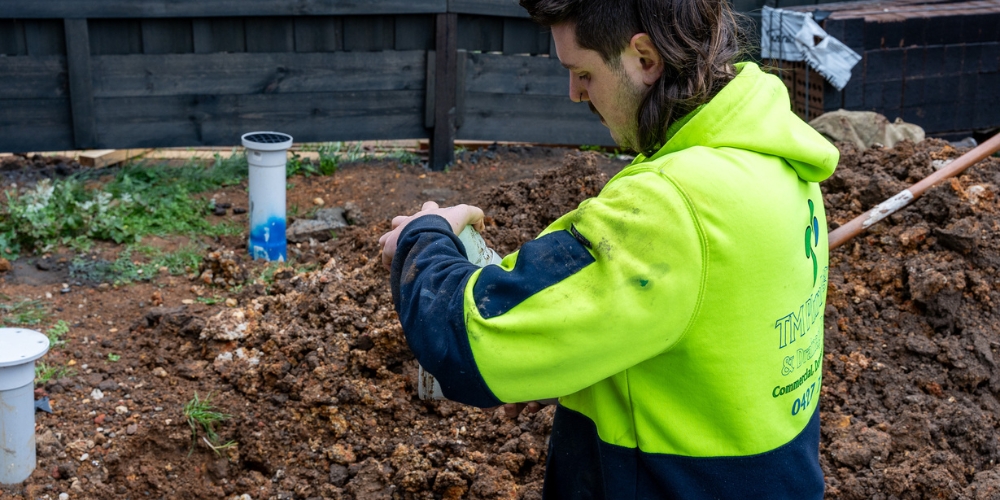
Do Plumbers Need a License in Australia?
The quick answer is: sure, they usually do. But let’s break it down a little.
In Australia, each state and territory has its own set of rules and regulations regarding plumbing licenses. However, if you wish to work as a plumber, you must first obtain a licence.
Obtaining that licence normally entails completing an apprenticeship, passing several examinations, and sometimes performing some additional training. It’s all about ensuring you have the necessary skills and knowledge to complete the work correctly and safely.
Now, why does it matter if plumbers are licensed? Well, for starters, it’s the law in many places. Working without a license could get you in trouble with the authorities and land you hefty fines.
But more importantly, having a license shows that you know your stuff. It’s like a badge of honour that tells clients you’re qualified, trustworthy, and up to date on all the latest plumbing regulations and techniques.
So, if you’re considering becoming a plumber in Australia, do your homework and find out what you need to do to get licensed in your area. It might take time and effort, but trust me, it’s worth it in the long run.
Why Work Only With a Licensed Plumber?
Skill and Expertise
Licenced plumbers have completed extensive training and education to earn their certifications. They have the knowledge and experience to handle various plumbing issues effectively and safely.
Compliance with Regulations
Licenced plumbers are familiar with local building laws and regulations. They ensure that all plumbing work is conducted by these regulations, lowering the possibility of hefty fines or legal complications later.
Quality Assurance
When you employ a licenced plumber, you know the task will be done correctly the first time. Licenced professionals take pride in their work and seek to produce high-quality products that match or surpass industry expectations.
Insurance Coverage
Licenced plumbers often carry insurance, which protects them and their clients in an accident, property damage, or other unforeseen situations.
Guaranteed Workmanship
Many licenced plumbers provide warranties or guarantees for their work. This gives clients peace of mind, knowing that the plumber will stand behind their work and address any concerns that may occur after the project is completed.
Safety First
Licenced plumbers prioritise safety above all else. They are educated to recognise potential hazards and take appropriate precautions to reduce them, assuring the safety of occupants and property before and after plumbing work.
Access to Permits and Inspections
Licenced plumbers can get permits and schedule inspections for plumbing improvements. This ensures that all work is done lawfully and according to code, avoiding problems with local authorities and potential obstacles during property sales or restorations.
Professional Integrity and Accountability
Licenced plumbers must adhere to a higher standard of professional conduct. They operate with integrity, honesty, and responsibility, preserving the plumbing industry’s reputation and instilling trust in clients and communities.
Frequently Asked Questions
You can verify a plumber's license by checking with the relevant licensing authority in your state or territory or by asking the plumber for their license number.
Some jurisdictions allow unlicensed individuals to perform plumbing work under the supervision of a licensed plumber. However, restrictions and requirements vary.
In most cases, apprentices working in the plumbing industry must be registered with the relevant apprenticeship authority. Still, they may only need a full plumbing license once they complete their training.
Yes, licensing requirements for plumbers can vary between states and territories in Australia. It's important to check the specific regulations in your area.
Conclusion
Understanding the importance of hiring a licensed plumber in Australia goes beyond mere compliance with regulations.
It represents a commitment to safety, professionalism, and quality workmanship. By prioritising licensed professionals for your plumbing needs, you ensure your property’s integrity and contribute to your community’s overall well-being.
So, next time you’re faced with a plumbing issue, remember the value of choosing a licensed plumber—it’s an investment in peace of mind and the long-term health of your plumbing system.
